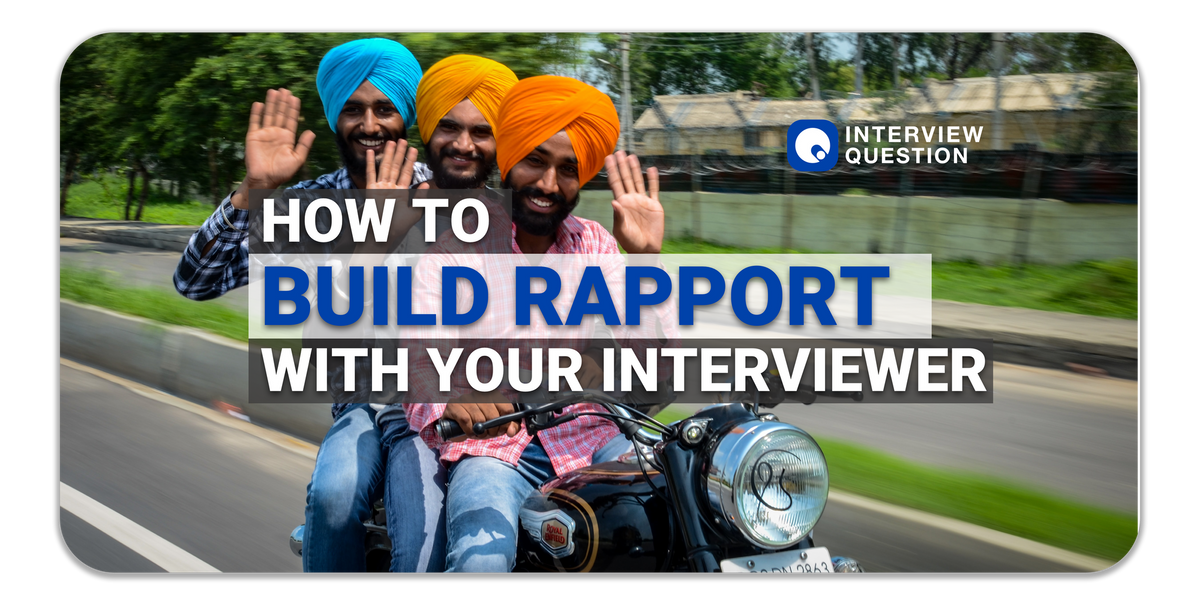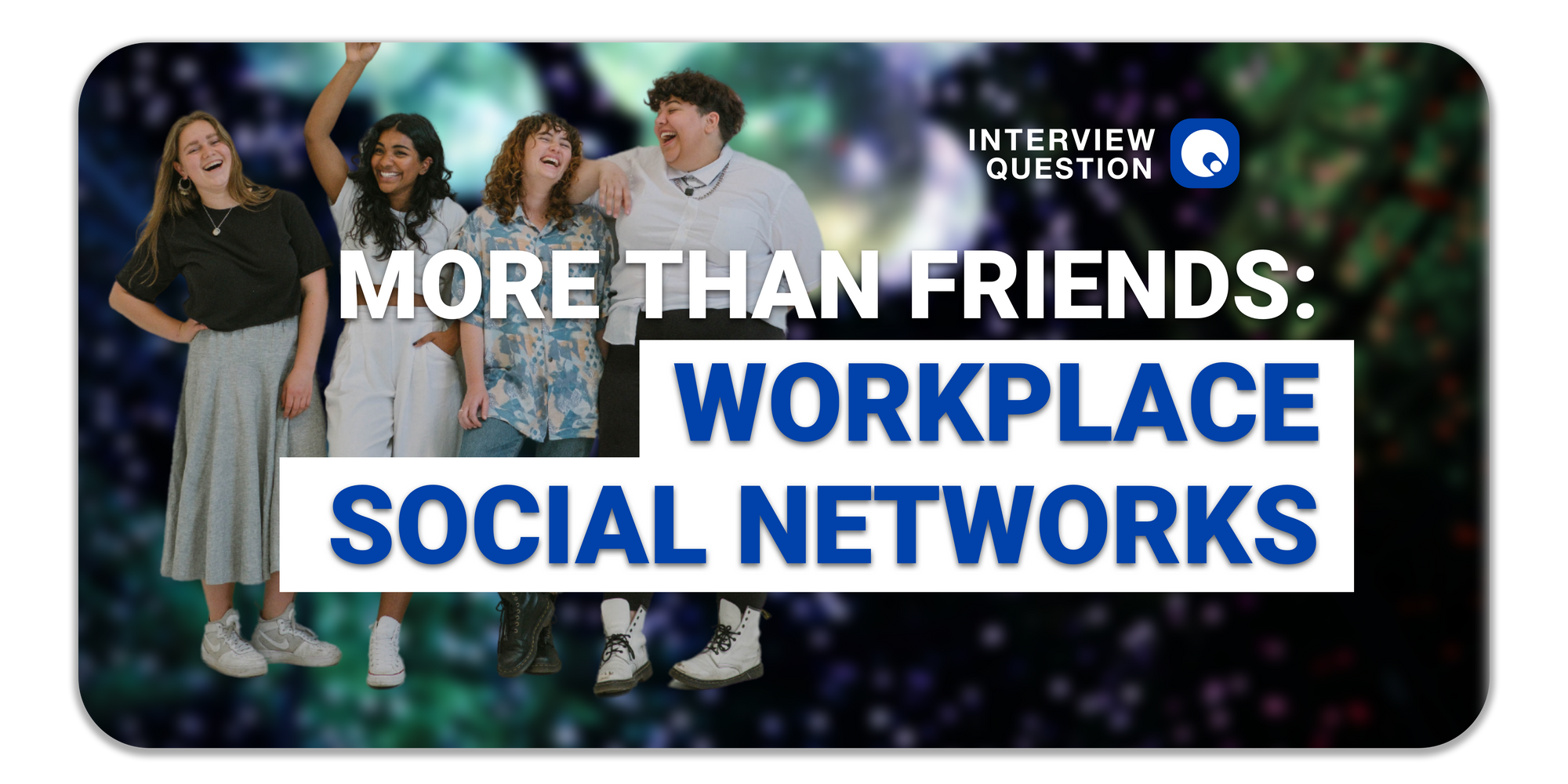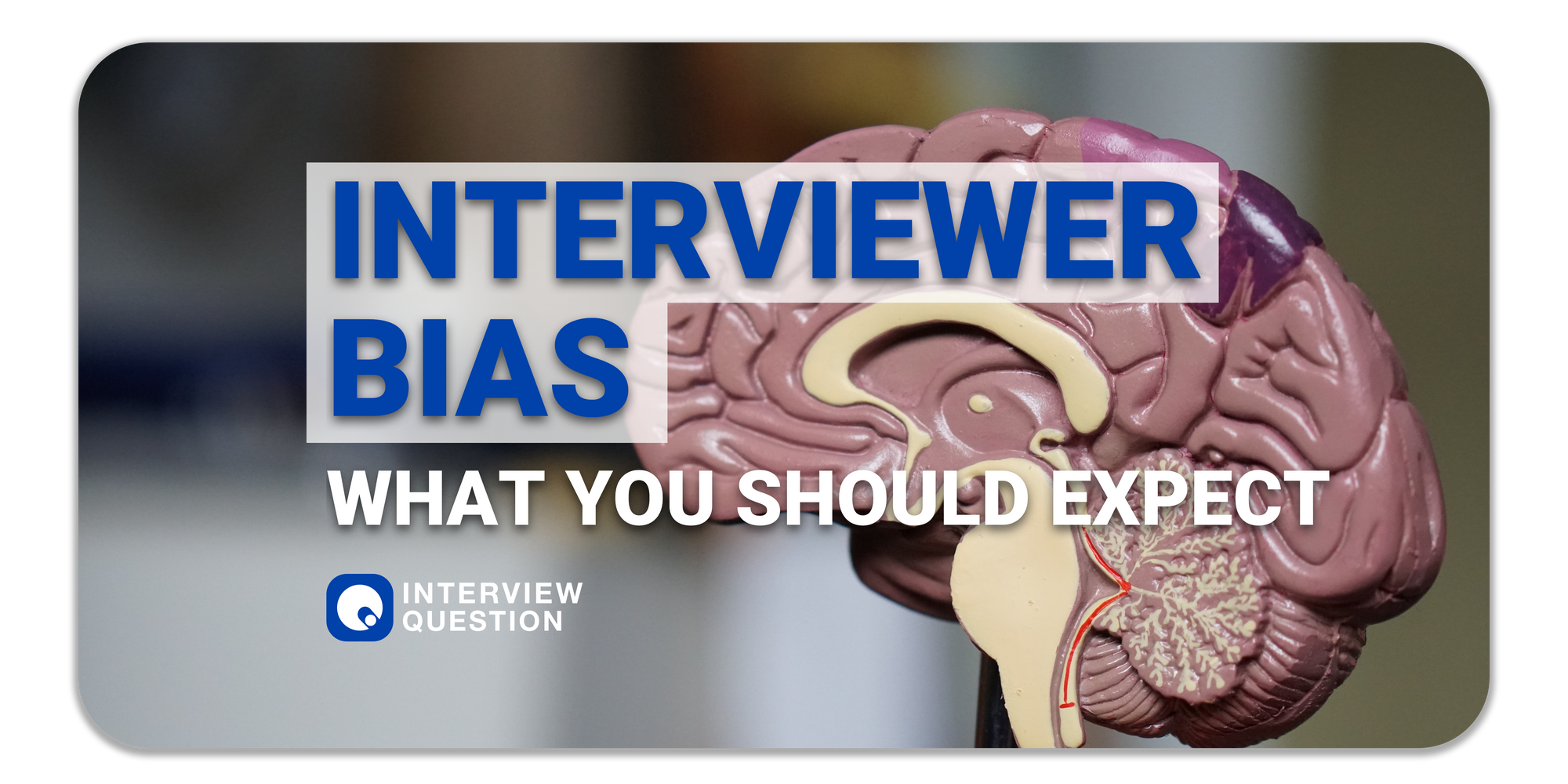How to Build Rapport With Your Interviewer
Ways to Build Rapport With Your Interviewer | Benefits | When Should You Keep A Professional Distance? | Exceptions | What Happens If You Don't Build Rapport With Your Interviewer?

Rapport is an interpersonal relationship of trust, friendship, or closeness. It plays an important role in how your interview goes!
In order to build rapport during an interview, it's important to know some basic human interaction skills and employ them. This includes:
- Making eye contact
- Smiling and nodding frequently
- Greeting the interviewer with a firm handshake
- Kissing on the cheek when you leave (only if it is socially acceptable)
- Saying goodbye, taking your leave, in a polite way
This article briefly outlines these strategies and provides more advice on how to engage in conversation and create trust during your interview.
Ways to Build Rapport With Your Interviewer
There are some easy ways to build rapport with your interviewer to create a more positive experience. While it's impossible to predict how your interviewer will act or what they expect, there are some good strategies that you can employ during the meeting.
Examples of great rapport builders:
- Come prepared with questions about the company and the interviewer. Remember that you're interviewing them too!
- Smile without looking like you're faking it. Laugh at their jokes even if they aren't funny (if they don't laugh back, you might not want this job).
- Ask about what's happening in their lives outside of work (this will make them feel connected to you). Avoid sharing too much personal information too soon though; wait until the second or third meeting for full disclosure.
- Don't make threats (that's a job interview no-no). Instead, express your interest in working at their company and ask them what they need from you.
- Don't be afraid to ask questions! This shows you are genuinely interested in their company.
Benefits of Building Connections With Your Interviewer
There are many advantages to building rapport with an interviewer, which includes increased chances of being hired, being more confident in your abilities, and having a better chance of bonding with the interviewer.

Of course, it is not always necessary to build rapport with your interviewer; sometimes you will have to play it cool and keep things professional. It really depends on the situation.
This leads us to our next point.
When Should You Keep A Professional Distance?
Being too friendly with the interviewer can create the wrong impression. It is never a good idea to be too friendly when interviewing for a job in sales, marketing, or action-packed industries like the military. Remember, you are selling yourself to this person! Be friendly enough to express your interest in the position, but keep it professional.
To determine if you should build rapport and be a little more informal in your behaviour and speech, you have to evaluate the mood and sentiment whilst in the interview session.
- If the interviewer appears happy, friendly, and positive (a.k.a. "upbeat"), then you can go into that space yourself.
- If the interviewer is angry, bitter, frustrated, or depressed (a.k.a. "down"), then it might be best to take the professional distance and maintain a safe distance (this is especially true if you are not sure if they are angry or not).
- If they appear neutral (cool), calm, and collected (a.k.a "relaxed"), then you can plow onward with your queries and queries!
- If the interviewer is impatient, rude, or unwilling to listen (a.k.a "rude"), it might be best to start off by getting on their good side and building the rapport slowly.
- If they appear angry, frustrated, or depressed (down), then don't get too personal with them and maintain a safe distance (being too friendly or informal) while conducting your interview.
These 5 if-scenarios take the cue from the interviewer. The other party makes the first move, and you adapt your reaction accordingly to match with him or her.
Exceptions
There are some exceptions though! If the interviewer is angry or irritated with something outside of your control (this includes you), it might be best not to try too hard and avoid building any kind of connection.
On the other hand, you also don't want to be too formal or too informal with your interviewer. If you are not sure how to act, err on the side of caution and do what makes them comfortable!
What Happens If You Don't Build Rapport With Your Interviewer?
If you fail to build rapport with your interviewer, it can hurt your chances of getting hired (and receiving future job offers) in the future. It also shows that you're inexperienced with important social skills. You might also come across as being too friendly or too flirty, which can create the wrong impression.

Having rapport with the interviewer also makes you feel more confident about yourself, which can allow you to communicate better during your interview. If you have a good rapport with the interviewer, it will be easier for them to trust you and believe in your abilities. You'll also have a better chance of getting hired if they like you!
Bottom Line: Creating Rapport
To conclude, the key to building rapport with your interviewers is simple: be yourself. Your interviewer will feel comfortable and at ease if you are being yourself, so don't try too hard and be forced to act a certain way. Be natural and relaxed.
Remember too that your interviewers may react differently towards you depending on the mood they're in (which is outside of your control). If the interviewer seems happy and amused, it is best to take the risk and do what makes them happy!
No matter what, keep in mind that they need to like you; it's good for both of you! Do everything they tell you and remember: hiring managers want to hire people who can fit in with their workplace culture effectively and you want to be one of them.

